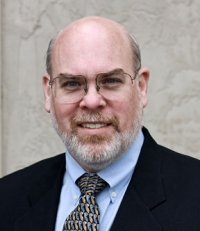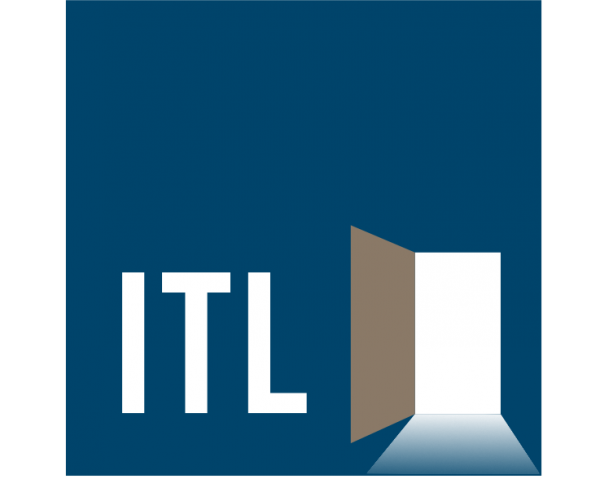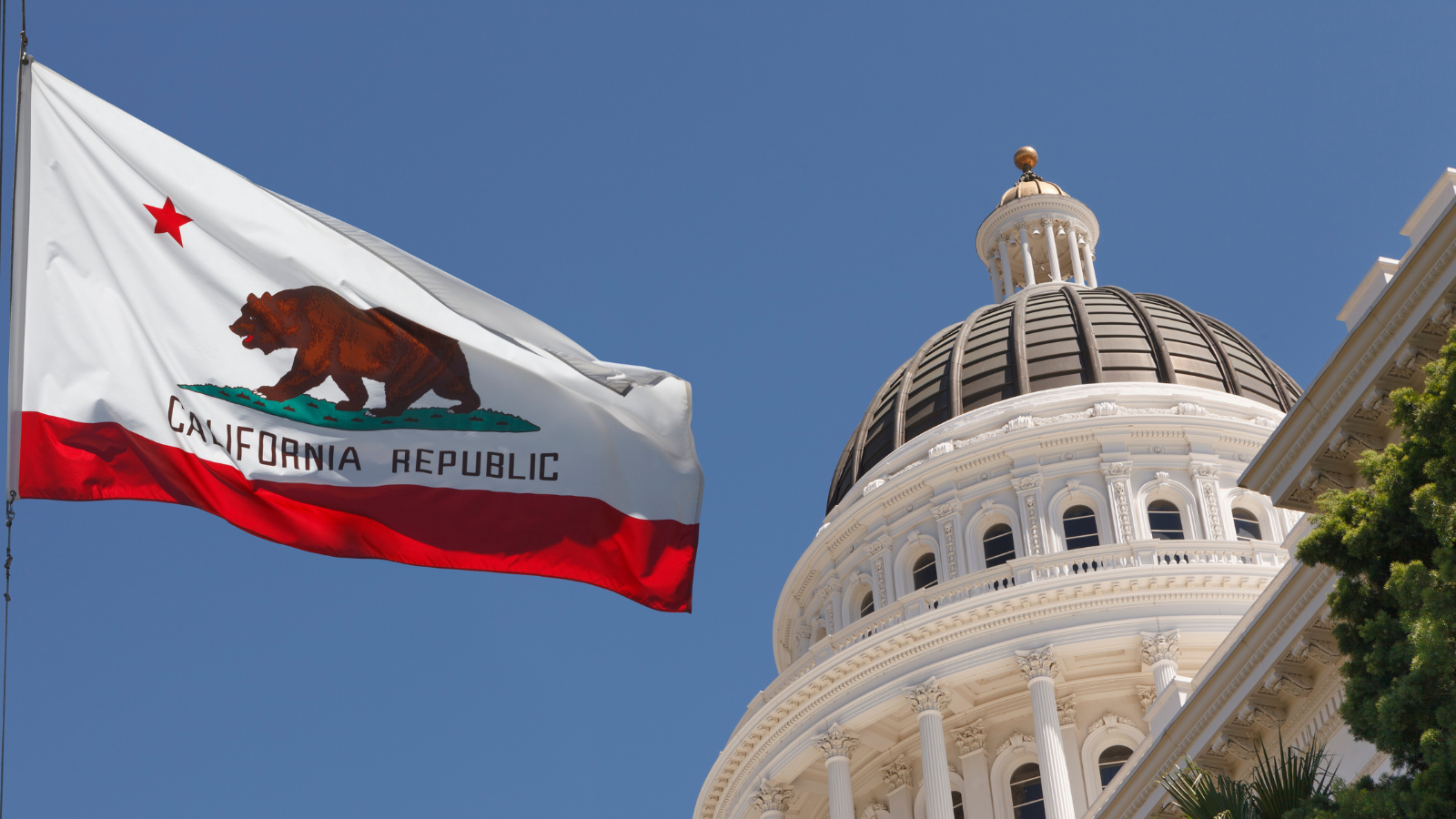ITL:
You intrigued me with a recent blog post, under the headline, “From Agents First to Agents Last,” and I was hoping to explore that idea with you.
Mark Breading:
There's a revolution going on in P&C distribution across all segments, not just in personal lines but in commercial lines, as well. As part of that, the role of the agent is changing, right?
It’s just the natural evolution of our digital world. Customers are coming to insurance through these different digital on ramps that are on the internet and on their mobile devices. There are still situations where people are going to say, “Hey, I know my local agent down the street. They sponsor our kid’s baseball team.” But that’s less and less of the reality.
I’m very pro-agent. I think there’s absolutely a role for agents, even in commodity-type businesses in personal lines. But I don’t think we’re necessarily going to go to our agent first. People are savvier, right? They understand a little bit more about what their expectations are and what their needs are and may have done some of their own research. They're also on these other digital sites that offer insurance as an adjacent service.
So, the agent won’t be a transaction processor. The agent’s role will be to provide advice and counsel, and they probably have to up their game in terms of being risk experts and trusted advisers.
ITL:
If I'm an agent, how do I position myself for this transition, on the front end? If somebody isn’t going to see me because I sponsor a team and isn’t going to walk into my office, I'm going to have to somehow position myself to be found by people in a way that I haven't had to before, right?
Breading:
I think there are a couple of things. You have to raise your level of expertise and be more of an adviser. That’s especially true because of smart homes and telematics and connected vehicles and so on. Agents have to be aware of all those things and how they play into risk.
Agents also have to be more digital and more connected. One of the reasons there's such an M&A wave across the distribution world is that agents need more scale. It’s getting harder to compete as a mom-and-pop agency if you don’t have the kind of digital platform, the digital tools, the analytics to understand customers that everybody else has.
You also need partners to connect to these different digital on ramps. People don’t just do a Google search for insurance. They’re on TikTok or Amazon or some other place and getting advice. Agencies need to make those connections.
ITL:
If you were to draw up a blueprint for a prototypical agency five years from now, what would Agency 2027 look like?
Breading:
I would say the first thing is to diversify the book, if it's not already diversified. Anybody, for instance, who is predominantly writing personal auto or maybe auto and homeowners will find that the Teslas and others are getting into the game. So, you should diversify into a mix of commercial and personal lines.
Then you should build a digital enterprise. It’s hard to talk about being an enterprise for a 10- or 15-person shop, but the concept is there, right? You have to do business digitally and be able to connect to carrier partners or wholesalers or MGAs.
Agencies need to have the right APIs [application programming interfaces] and everything else to also plug into intermediary distribution platforms like the Bold Penguins. These companies are gaining traction and are especially interesting on the commercial side. They’re becoming important players.
If I’m the agency, I think it'd be confusing. How many of these platforms do I need to connect into? Who should I connect into to do my comparative rating and help me with data prefill and other things to make my life easier?
A very large broker or agency can hedge their bets and connect to a whole bunch of them. If I'm smaller, it's a tougher choice, right? You can't connect to everybody, and there are going to be winners and losers.
I call it “the mess in the middle.” Too many players are trying to connect distributors to carriers. If I just look at small commercial, there are over 20 of them that are visible and prominent. So, there’s going to be consolidation. There will be some failures.
It's a complicated and evolving picture, but we're really spending a lot of time focusing on that area.
ITL:
Thanks, Mark.
 |
Mark BreadingMark Breading is a partner at Strategy Meets Action, a Resource Pro company that helps insurers develop and validate their IT strategies and plans, better understand how their investments measure up in today's highly competitive environment and gain clarity on solution options and vendor selection. |






